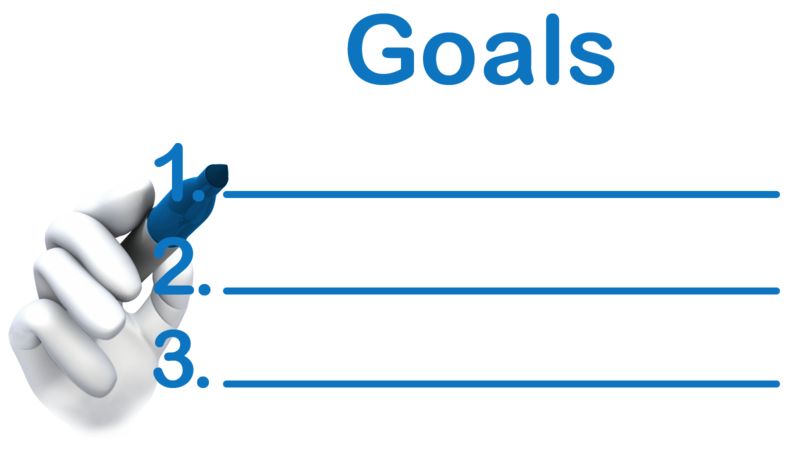Last Updated on July 31, 2019 by Dr M
 When Duncan approached me for help with his exam resits, he was feeling demotivated, demoralised, and overwhelmed:
When Duncan approached me for help with his exam resits, he was feeling demotivated, demoralised, and overwhelmed:
“…with a young family, other commitments, as well as my full-time job, I’m finding it difficult to carve out any more study time”.
He’d never failed an exam before. His resits were in four weeks.
“What about your moments of downtime?” I asked him.
“Like when you’re: waiting before a sales call; walking the dog; in the car, or anywhere else you could reasonably be listening to the equivalent of crib notes?”
“Yeah. I’ve done all that. I recorded my specialist topics word for word from the learning manuals. But, nothing’s going in. I can’t seem to absorb any of it.”
“Ah. I see.”
Clearly, Duncan was feeling time pressured. Like other candidates before him, he didn’t lack commitment, but I suspected he perhaps wasn’t making the best use of his time.
Recording chapters from his manual would have taken time and effort, especially doing it word-for-word.
Unedited.
This meant he hadn’t processed the topics in those chapters, because he hadn’t made the concepts his own. Putting them into his own words – and summarising – would’ve been a good start. But, because he felt time pressured, he decided to skip doing this.
So, before doing anything else, we needed to…
…get his revision back on track, to give him back a sense of control.
Then – and only then – would he be able to use his time more effectively, not just by reading or by highlighting key points (or, by making verbatim recordings), but by actively:-
- making/revising notes
- researching difficult concepts/checking facts
- checking/testing recall
- applying knowledge and understanding of topics with the help of “mock” exams.
So, I suggested he prepare his study schedule, working backwards from the date of his resit, breaking his learning goals down into manageable chunks, deciding what he’d revise and when, using a free task management tool like Trello to help organise it all.
These planning steps seem obvious. Don’t they?
Perhaps, like Duncan, you’d rather skip them, because…you don’t feel you’ve got enough time.

But, thinking like this means you’re stuck in a vicious circle. Instead of moving forward, you’re stuck spinning your wheels with passive learning methods.
As the saying goes: if you fail to plan, then you’re planning to fail.
Tip: Start using a tool NOW to plan and manage your learning tasks. This will help you to stay organised and keep you on track.

goals and making them concrete keeps you on track. Your sense of achievement grows with each task you accomplish, even the small ones. Remember, little wins add up. And, if you lose track, or fall off schedule, you can easily pick up where you left off.
Admittedly, being organised takes discipline and determination, even when we have apps to help us. Some of us have no patience, or we get bored easily. Or, is that just me? No doubt in your role, you’re cultivating the skills of planning and organisation on a daily basis. So, if you have a favourite tool, why not dig it out, then apply it to your revision plan?
Otherwise, go look at Trello. It’s as simple as naming your board (e.g. my study plan). Use the calendar element in it to help work out timelines associated with each of your learning tasks or goals. These timelines are your deadlines.
To use Trello:-
- Set up three columns: to do; doing and done.
- Add your tasks (cards) to your to do column.
- Move tasks/cards across to the “doing” column as you progress with each of your tasks.
- Add due dates, and a checklist of subtasks to each card.
- Go set up a free account NOW.
(I have a free account in Trello, and I’m recommending it with my personal link. When you open your free account using this link, it helps me earn extra functions. So, thanks in advance for your help, since you, in turn, are keeping me on track with everything I do for the Toolkit.)
Alternatively, try Clickup. This is a fully featured project/task management app. If you prefer something simpler, which sends you reminders each day, Todoist might be for you.
So, what happened to Duncan?
Because he was less panicked, with his goals clearly mapped out, he felt as if he had more time. Even if that was an illusion, Duncan got back on track.
He worked hard using the time he had. He accepted that instead of sticking with passive learning methods, like reading (and listening to his unedited recordings), he needed to get more active with his learning methods. I also gave him tools that ultimately helped him improve his recall and got him up to speed quickly.
I’m pleased to tell you that his hard work paid off. He passed his ABPI exam with flying colours, in all of his three specialist topics.
Your situation might feel similar to Duncan’s. Perhaps you feel time pressured? Why not use these same techniques and tools to turn your mindset around? Might just be the nudge you need to move your revision forward.
Cheers,
Marie
P.S. If you have favourite productivity tools, or learning techniques, please share your thoughts on them – leave a comment.
